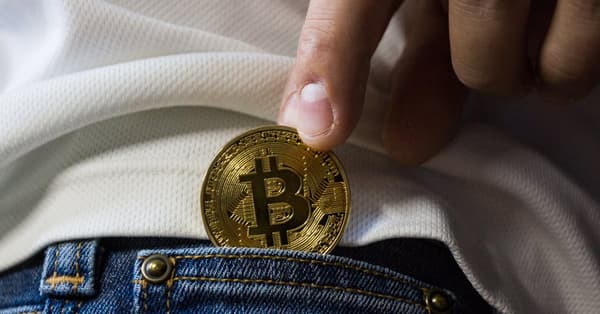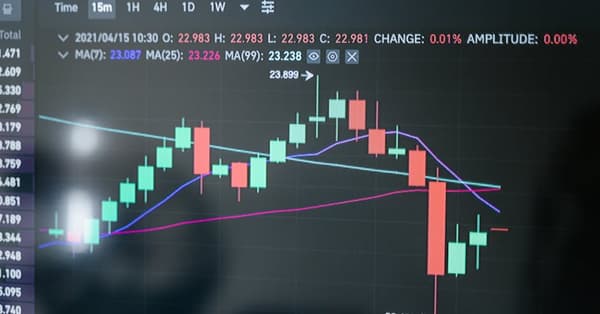Ethereum vs. BSC: The Gas Fee Showdown of Q3 2023
Discover the stark differences in gas fees between Ethereum and BSC in Q3 2023. What does this mean for developers and users in the crypto space?
In Q3 2023, Ethereum's average gas fees peaked at an eye-watering $30, while BSC's hovered comfortably below $1. This stark contrast underscores the tough choices that developers and users must navigate in the fast-changing blockchain world.
The rise of DeFi and NFT projects has intensified the demand for scalable blockchain networks. Grasping the nuances of gas fees and transaction speeds is vital for encouraging user adoption and helping developers make informed decisions.
In this guide, you'll uncover the key differences between BSC and Ethereum, particularly in the realms of gas fees and transaction speeds. Plus, we’ll share practical insights to help you navigate these networks like a pro.

Blockchain is a decentralized digital ledger that records transactions across a network of computers, ensuring that records can’t be altered retroactively. Its standout features include transparency, security, and immutability.
The essence of decentralization lies in its power to prevent censorship and build user trust, making it a foundational element of cryptocurrencies.
Smart contracts are self-executing agreements where the terms are directly written into code. They facilitate, verify, and enforce the terms of a contract without needing a middleman.

On both Ethereum and BSC, smart contracts empower developers to create decentralized applications (dApps) that are transforming various industries.
Launched in September 2020, the Binance Smart Chain runs parallel to Binance Chain. Its goal? To provide a fast, low-cost platform for developers to build dApps without breaking the bank.

Some of BSC's key features include compatibility with the Ethereum Virtual Machine (EVM), low transaction fees, and quick confirmation times.
Ethereum holds the title as the first programmable blockchain, enabling the deployment of smart contracts and dApps. Its evolution from Ethereum 1.0 to Ethereum 2.0 marks a significant shift from proof-of-work to proof-of-stake, aiming to enhance scalability.
Gas fees are payments made by users to cover the computing power needed to process transactions on the blockchain. These costs fluctuate based on demand for network resources.

Factors that influence gas fees include network congestion, the complexity of transactions, and how time-sensitive they are.
Gas fees have a direct impact on transaction speed; generally, higher fees lead to quicker processing times. This is crucial for users who require speedy execution for time-sensitive trades.
Tags:
Ready to Make Profitable Crypto Calls?
Check out our proven track record on the leaderboard
View Leaderboard →Related Posts
Why Meme Coins Thrive on Binance Smart Chain Right Now
Curious why meme coins are booming on BSC? Discover the factors driving their popularity and the market trends every trader should know.
Unlocking Binance Smart Chain: Set Up Your Custom RPC
Discover how to set up a custom RPC for Binance Smart Chain and take advantage of the recent wallet growth and upcoming token launches. Let's dive in!
Navigating Legal Issues in PancakeSwap Forking
Curious about the legal challenges of forking PancakeSwap? Discover essential insights and protect your DeFi projects in this comprehensive guide.
Mastering the Binance Smart Chain: Your Guide to Testnets
Dive into the world of BSC testnets and faucets! Discover how to practice trading without the risk while navigating the exciting DeFi landscape.
Mastering Binance Smart Chain: Your 2025 Beginner's Guide
Curious about Binance Smart Chain? Discover how to navigate its booming ecosystem and unlock your crypto potential in 2025.
Top Meme Coins on BSC: What You Need to Know
Curious about the latest meme coins on Binance Smart Chain? Discover which ones are making waves and how they could impact your crypto portfolio.